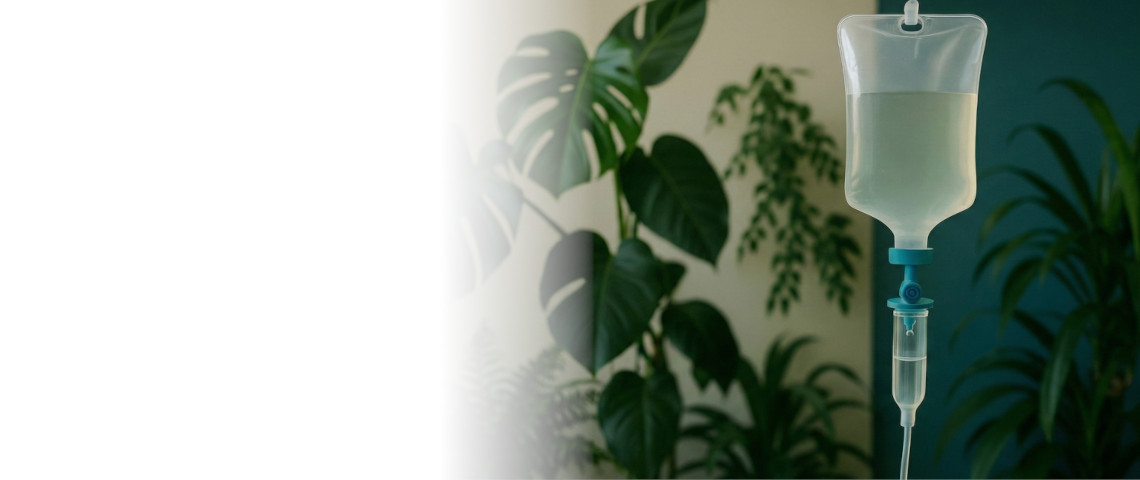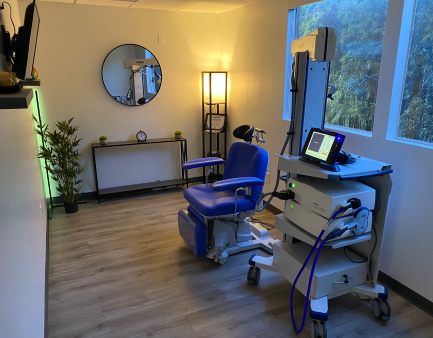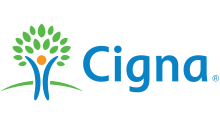Welcome to Pacific Pain & Wellness Group, the leading wellness center serving South Bay Los Angeles. We specialize in advanced, integrated pain management and mental health services, bringing innovative treatments and compassionate care together under one roof.
As a patient-centered clinic in the South Bay, we deeply understand the connection between physical pain and emotional wellness. Our expert team offers state-of-the-art therapies, including Ketamine Infusion Therapy, Transcranial Magnetic Stimulation (TMS), psychotherapy, and minimally invasive pain relief procedures, all tailored to your unique needs.
Patients choose Pacific Pain & Wellness Group for our comprehensive, personalized approach, expert medical team, and dedication to the latest advancements in treating chronic pain, anxiety, depression, PTSD, and more.
To ensure your convenience, we offer same-week appointments and flexible telehealth options. Whether you're in Torrance, we proudly serve Carson, El Segundo, Gardena, Hawthorne, Hermosa Beach, Lawndale, Lomita, Manhattan Beach, Rancho Palos Verdes, Redondo Beach, or anywhere in the greater South Bay Los Angeles community, we're here to provide timely, compassionate care.
Discover the difference of truly integrated wellness care at Pacific Pain & Wellness Group. We don't just treat symptoms—we support your entire wellbeing.





























